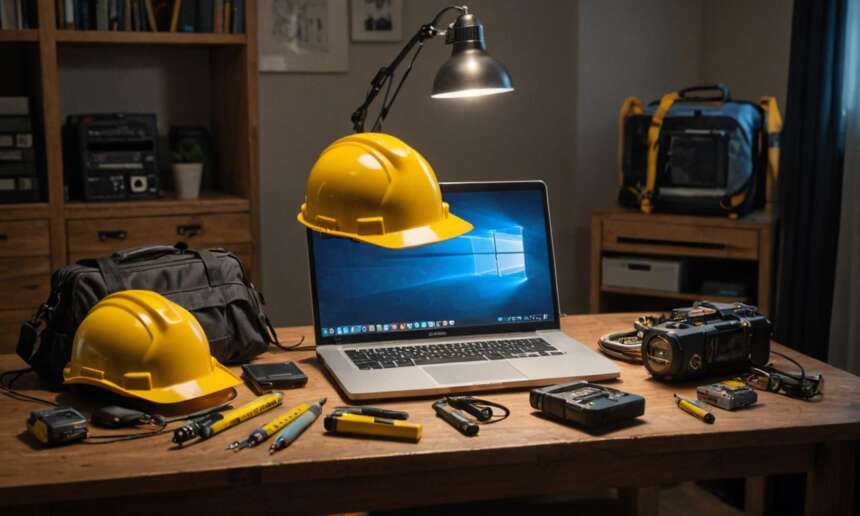Field engineering is a crucial aspect of various industries, encompassing a wide range of tasks and responsibilities. A field engineer plays a pivotal role in bridging the gap between technical expertise and practical application in diverse settings. Let’s delve into the intricacies of what defines a field engineer and the significance of their role.
The Role of a Field Engineer
A field engineer is an individual tasked with on-site technical support, troubleshooting, maintenance, and installation of various systems and equipment. Their responsibilities often vary depending on the industry they work in, ranging from telecommunications and construction to oil and gas.
Key Responsibilities
Field engineers are typically responsible for:
- Performing on-site installations, repairs, and maintenance of equipment.
- Conducting inspections and assessments to ensure compliance with safety regulations and quality standards.
- Providing technical support and guidance to clients and colleagues.
- Collaborating with engineering teams to develop and implement solutions for complex problems.
- Documenting processes, procedures, and findings for future reference.
Skills and Qualifications
To excel as a field engineer, individuals require a diverse skill set and a solid educational background. Key skills and qualifications include:
- Proficiency in technical troubleshooting and problem-solving.
- Strong communication and interpersonal skills to effectively interact with clients and team members.
- Expertise in relevant technologies and equipment.
- Ability to work independently and under pressure in diverse environments.
- A degree or certification in engineering or a related field.
Industry Applications
Field engineers are indispensable across various industries, including:
| Industry | Applications |
|---|---|
| Telecommunications | Installation and maintenance of network infrastructure, towers, and equipment. |
| Construction | On-site management of construction projects, ensuring adherence to specifications and safety standards. |
| Oil and Gas | Inspection and maintenance of drilling equipment, pipelines, and facilities. |
| Manufacturing | Optimization of production processes and machinery to enhance efficiency and productivity. |
Career Outlook
The demand for field engineers continues to grow across various industries, driven by technological advancements and infrastructure development. With opportunities for career advancement and competitive salaries, pursuing a career as a field engineer can be both rewarding and fulfilling.
Emerging Technologies in Field Engineering
Field engineering is witnessing a transformation with the integration of emerging technologies. Some of these include:
- Internet of Things (IoT) devices for remote monitoring and predictive maintenance.
- Augmented Reality (AR) for on-site guidance and troubleshooting.
- Robotics for automation of certain tasks, enhancing efficiency and safety.
- Big Data analytics for optimizing field operations and resource allocation.
Training and Development
Continuous training and development are essential for field engineers to stay updated with the latest technologies and industry best practices. Some methods of training include:
- Workshops and seminars conducted by industry experts.
- Online courses and certifications in specialized areas of field engineering.
- On-the-job training programs to gain practical experience.
- Mentorship programs for knowledge transfer and skill enhancement.
Frequently Asked Questions
Here are some common questions about field engineering:
- What industries typically employ field engineers?
- What are the career prospects for field engineers?
- How can individuals prepare for a career as a field engineer?
- What are the challenges faced by field engineers in their day-to-day work?




